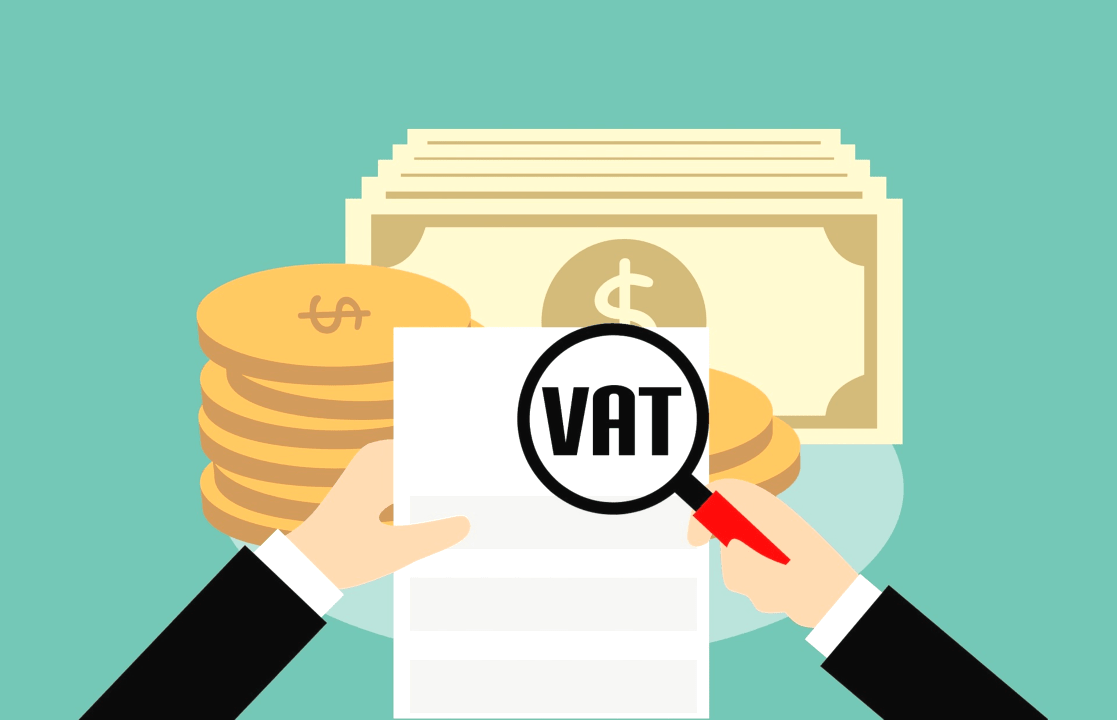
Taxation as a tool
Taxation plays a fundamental role in orienting the behaviour of actors on the territory, and therefore on the economy. This orientation is achieved in particular through the implementation of tax benefits granted as a result of certain behaviours. In particular, tax benefits are granted to investors in participatory financing platforms, in order to encourage us, as savers, to invest in the real economy via certain projects. It is therefore important to be aware of the tax rules in order to know which type of contribution in participatory financing is the most advantageous from a tax perspective.
There are no specific tax rules for equity crowdfunding, which means that it is subject to the classic income tax rules that depend on the nature of the gain.
The 2018 French Finance Act reformed the taxation of savings to make it more favourable to taxpayers by introducing an unified tax, the PFU(prélèvement forfaitaire unique) 30% (including 12.8% income tax and 17.2% social security contributions) on income from movable capital. For example, dividends from shares in a company financed by a contribution from equity financing will automatically be taxed at 30%. This rate is independent of assets and taxable income.
However, as the main aim of this reform is to support investment, if it appears that taxation on the progressive income tax scale – in force before 2019 – is more favourable to you, you have the option of keeping this taxation. From then on, it is up to you to calculate which taxation is more favourable to you and to know which income should be taken into account in the calculation and how it is taken into account, e.g. the progressive scale of income tax is based on overall income whereas the PFU applies essentially to financial investments.
Secondly, in addition to the tax advantage of the income generated by the participatory investment, any losses are deductible. The investor can offset losses against the amount invested, which means that if one of his investments fails, the resulting losses will reduce the interest generated by other equity loans granted for other projects in the same year or the next five years. As an investor, it is therefore necessary to diversify the projects financed so that, in the event of failure, the losses of one project are compensated by the interest of others.
Similarly, capital losses on securities (shares, bonds) in one year can be offset against capital gains in the following years. But this rule is subject to certain specific conditions.
.
Ways to reduce taxes in France
Other solutions exist to further reduce the amount of taxation: in France, for example, certain specific projects allow for a reduction in income tax. This is the case for subscriptions to the capital of unlisted SMEs.
The maximum reduction rate and amount vary according to the taxpayer’s marital status. The 2019 Pact Law has allowed for a broadening of the securities and bonds offered by the participatory financing platforms eligible for this scheme. Thus, when you subscribe to an investment in an SME, it is necessary to ensure that this investment meets the conditions for benefiting from this tax exemption. Like France, Belgium wanted to encourage investment in SMEs. Since 1 July 2015, if the investment in a startup meets a certain number of criteria, it is possible to benefit from a tax reduction on personal income tax corresponding to 30 to 45% of the amount invested up to 100,000 euros per person and per taxable period. In concrete terms, this means that a person who invests 10,000 euros in a start-up can reduce his or her taxes by up to 4,500 euros.
All these advantageous tax procedures are intended to encourage investment. Another way to achieve this goal has been the introduction of cashback, but this time by the companies themselves. This is initially a promotional technique whereby a player undertakes to pay back to buyers part of an initial purchase price. Cashback has evolved into a real source of investment. It allows consumers to build up savings on their daily purchases, which can then be reinvested on participatory financing platforms such as MCC.
Other participatory financing platforms go further by setting up sponsorship offers, such as the bienprêter platform which encourages investment by granting cashback to their investors who sponsor other future investors. This is a way for them to encourage investment and to see their community grow.
What about investments not regulated by the legislator?
The problem with this form of investment is that it is not regulated by the legislator: there are no specific rules on how it should be taxed. It is therefore necessary to find out how the legislator understands this form of income.

In addition to this adapted tax system, the question arises as to how the tax is levied. Knowing how the tax is deducted ensures that the system is applied correctly. Since 1 January 2019, the deduction of taxes at source has been implemented in France. It consists of having taxes paid at the same time as the income is received. This implies that the French taxpayer is less aware of the benefits of his investments and the taxes collected, to mitigate this and allow them to control the tax paid, the participatory finance platforms are obliged to provide taxpayers with a single tax form that allows them to control the accuracy of the amount deducted. In the event of an error concerning the tax deduction, an appeal against the tax administration is possible.
As a taxpayer, you are obliged to file a tax return. Any deliberate false statement is considered tax fraud and may result in criminal penalties. A simple error on the part of the taxpayer will result in additional penalties. It is therefore essential to keep track of the income you earn from your investments and to have a thorough knowledge of the tax rules to avoid any mistakes.
Le régime en Belgique du crowdfunding
In Belgium, there are various taxes applicable to investments in general. Depending on your status, you will not be subject to the same taxation rules: what are they? The first tax is the tax on stock market transactions: this is a tax that the participatory finance company levies on the securities bought or sold. There are three applicable rates: 0.35%; 1.32% and 0.12%. The application of the rate will depend on the nature of the investment product, so it is important to find out which rate applies to the investment you have made. Then there is the withholding tax, which works simply: it is a tax at source, meaning that the participatory finance platform deducts the tax itself and pays it to the tax authorities. On most of the dividends or interest you earn from your investments, you will pay 30% withholding tax. But there are exceptions, in some well-defined cases it is possible to pay only 15% of the tax and others are exempt from the tax, for example the interest on the first 15,630 euros (for 2021) of loans to start-ups is exempt, as well as the first 200 euros (for 2021) of interest on loans to social enterprises The last tax is the capital gains tax on bond funds, whereby the bank has to levy 30% withholding tax on capital gains from the bond component (and/or cash) of capitalisation shares of cash funds, mixed funds or bond trackers. The question arises as to the amount of investment from which a fund or tracker can be considered a bond fund.
Finally, there is no common tax system in the European Union concerning participatory financing, so it is advisable to find out the applicable tax system in each country.





